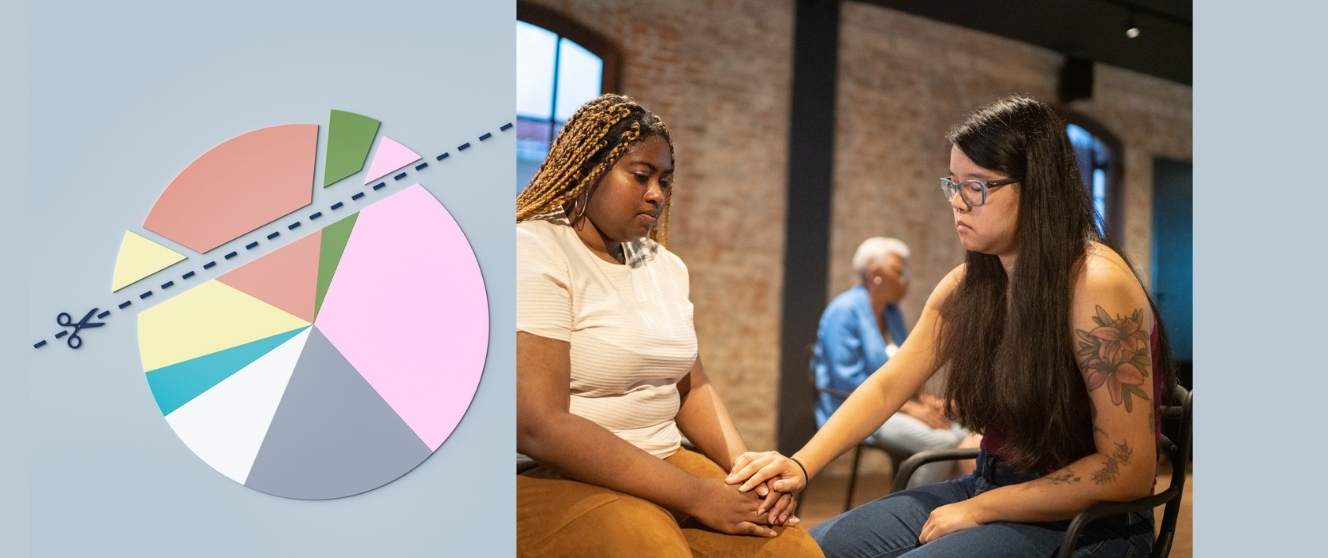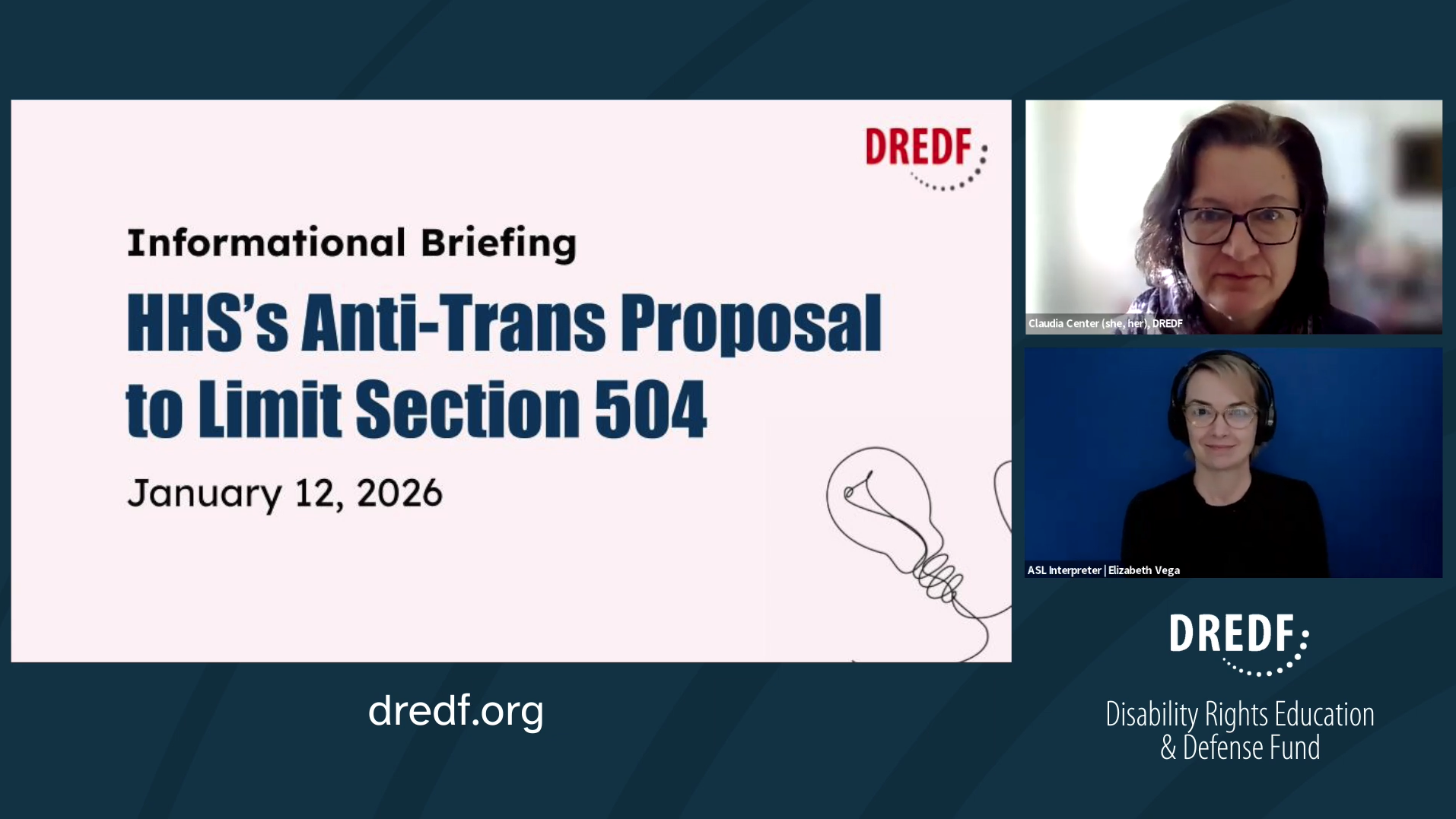
Summary
The Student Success Act eliminates the 1% regulation, which restricts, for accountability purposes, the use of the scores on less challenging assessments (alternate assessment on alternate achievement standards) being given to students with disabilities. It also eliminates all baseline preparation standards for teachers (instead focusing solely on measuring teacher effectiveness once teachers are already in the classroom), the requirement that low-income and minority students not be disproportionately taught by unqualified or inexperienced teachers, and the requirement that districts inform parents when their child was taught for four or more weeks by a teacher who lacked full certification and/or subject matter competency.
Status
Reported (Amended) by the Committee on Education and the Workforce. H. Rept. Placed on the Union Calendar, Calendar No. 320.
Our Position: Oppose
Rather than continuing to support students with disabilities in achieving a high school diploma and pursuing employment and postsecondary education, the elimination of the 1% regulation virtually encourages schools to expect less from students with disabilities. We also believe it is a grave mistake to eliminate requirements that all teachers should be fully certified by their state and have demonstrated competency in their subject matter. All students deserve teachers who are fully-prepared on their first day in the classroom and who prove themselves effective once there. In addition, the bills do not ensure significant equity protections (especially equal access to fully-prepared and effective teachers for our nation’s most vulnerable students), nor do they ensure transparency with respect to providing parents with information about their child’s teachers.

